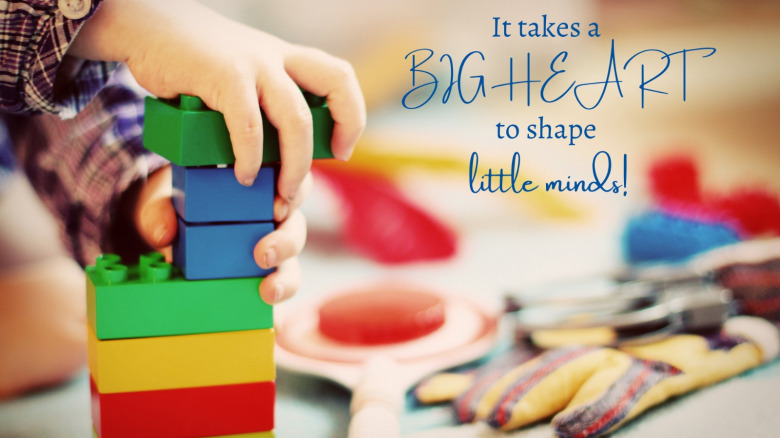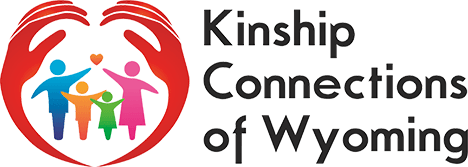Back to ArticlesEarly Childhood Development

April 1, 2021
Early Childhood DevelopmentBy: Kimberly Berrettini

Did you know that 90% of brain growth
happens before kindergarten (First
Things First)? Early brain development is directly influenced by a child’s
day-to-day interactions with those that take care of them. From birth to age
five, a child’s brain develops more than any other time, and early brain
development has a lasting impact on a child’s ability to learn and succeed not
only in school, but in life.
The following outline provided by the Child Development Center provides important
developmental milestones that you can except in your child(ren).
Developmental
Milestones
Birth
to 3 Months
- I begin to smile or move when primary senses (sight, hearing, taste, smell, and touch) are activated.
- I will acknowledge people and objects briefly, and my eyes will track in small sweeps.
- When I am on my stomach, I can lift my chin up off the mattress and turn my head.
- I will watch the movement of my own hands and will bring them to my mouth.
- I love to imitate tongue movements and I will smile at familiar faces.
4
to 6 Months
- I will search with my eyes for sound and scan objects briefly.
- I like to bring my feet to my mouth.
- I can hold my head steady when you support me in sitting.
- I will reach for fallen objects.
- I will bring my hands to midline (places both hands on bottle during feeding).
- I will smile and look at your when you speak to me.
- I love to have my head covered and uncovered with a cloth, such as during a game of peek-a-boo.
7
to 12 Months
- I like a variety of textured and flavored foods.
- I can crawl independently.
- I will also start to walk with both hands held and then all by myself.
- I like to poke and point at things using my index finger.
- I can release items voluntarily and place objects into a container.
- I understand my name and other words you use a lot.
- I like to babble when I play alone.
1
to 2 Years
- I will start to get upset when my diaper is messy.
- I can walk without help.
- I like to push, pull, or carry large toys while I am walking.
- I love to markup paper with a crayon and scribble imitatively.
- I love to help you do housework or an adult job.
- I can say between 15 and 20 words.
- I am proud of the things I can do and can solve simple problems.
2
to 3-1/2 Years
- I can start to brush my teeth with some assistance.
- I can feed myself using utensils.
- I am using 2–3-word sentences regularly.
- I will cooperate when it is time to pick up my toys.
- I love to look at books and have them read to me.
- I will copy the drawing of horizontal, vertical lines, cross, and circle.
3-1/2
to 5 Years
- I have a longer attention span.
- I talk a lot now and ask a lot of questions.
- I reveal my feelings to you in dramatic play.
- I like to play with friends, but I do not like to lose.
- I sometimes share my stuff and take turns.
- I can write my first name.
- I can name six basic colors.
If you have concerns about your child(ren)’s development or would
like to ensure they are on track there are Child Development Centers (CDC)
across the state of Wyoming that are available to help. The CDC's are private,
non-profit organizations that not only provide free early childhood screenings,
but provide interventions, child care, and education to children in a safe and
supportive learning environment.
The CDC uses research-based instructional materials to help
children of all ages grow and learn. They provide health services such as
pediatricians, registered nurses, speech and occupational therapists and
licensed professional counselors, which makes them unique among child-care and
early childhood learning organizations.
If you are interested in connecting with your local CDC you can
contact your Kinship Navigator or you can visit the Wyoming Health Department’s
interactive
map to locate one closest to you.
